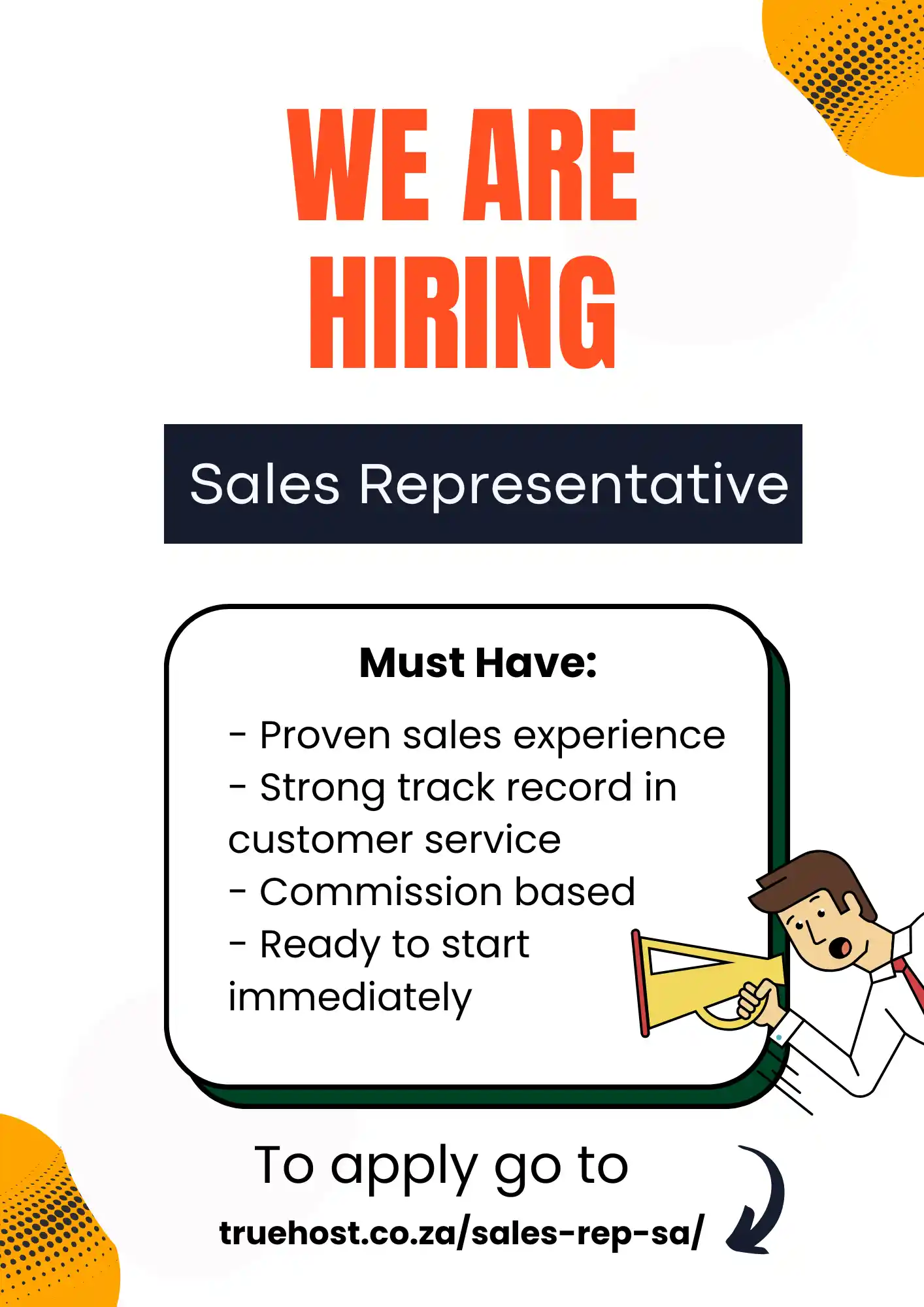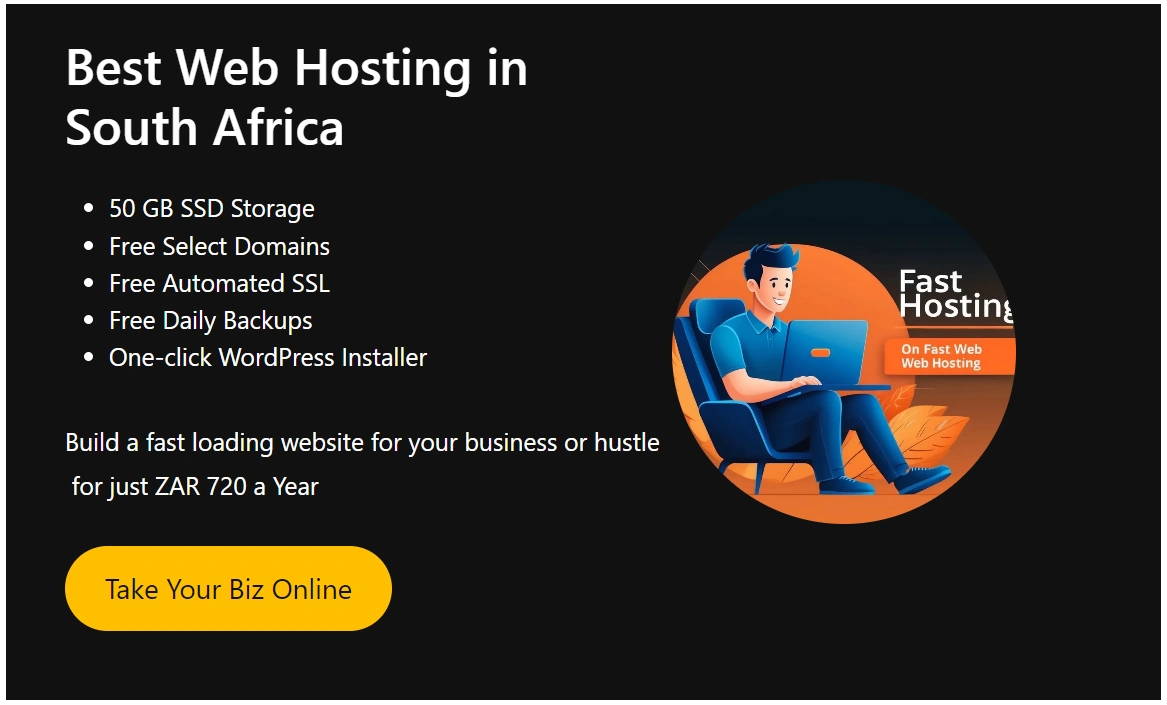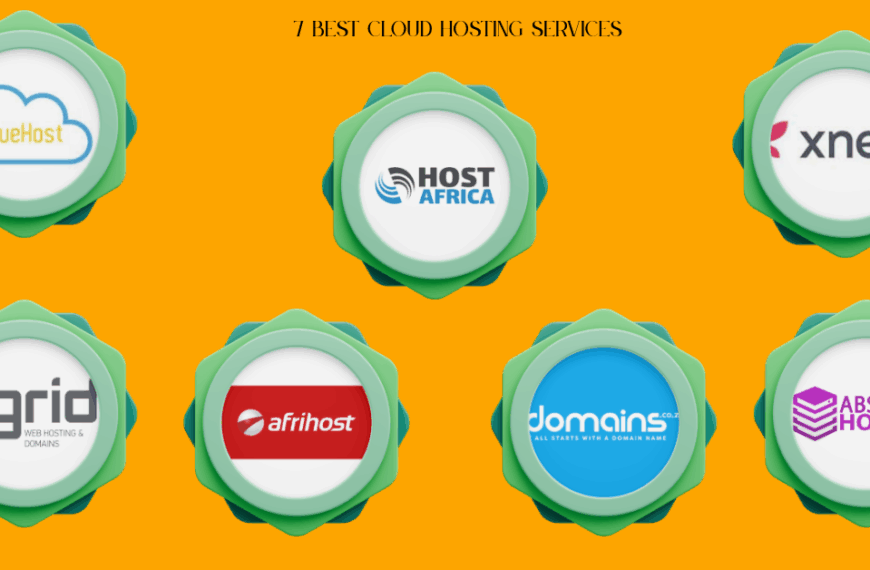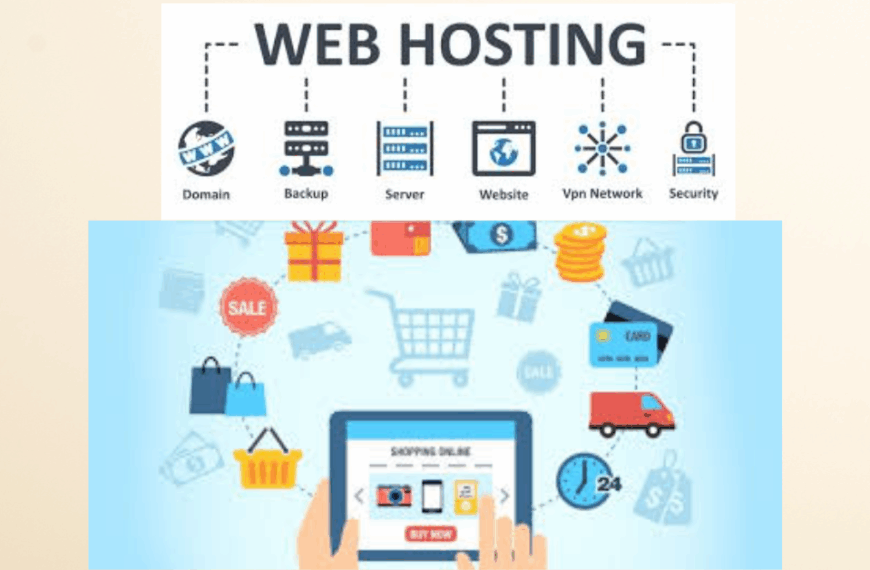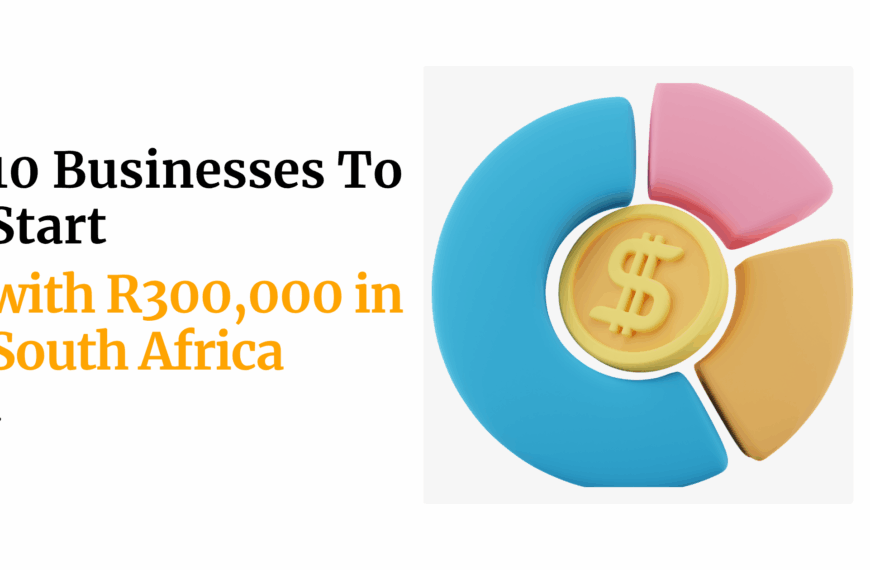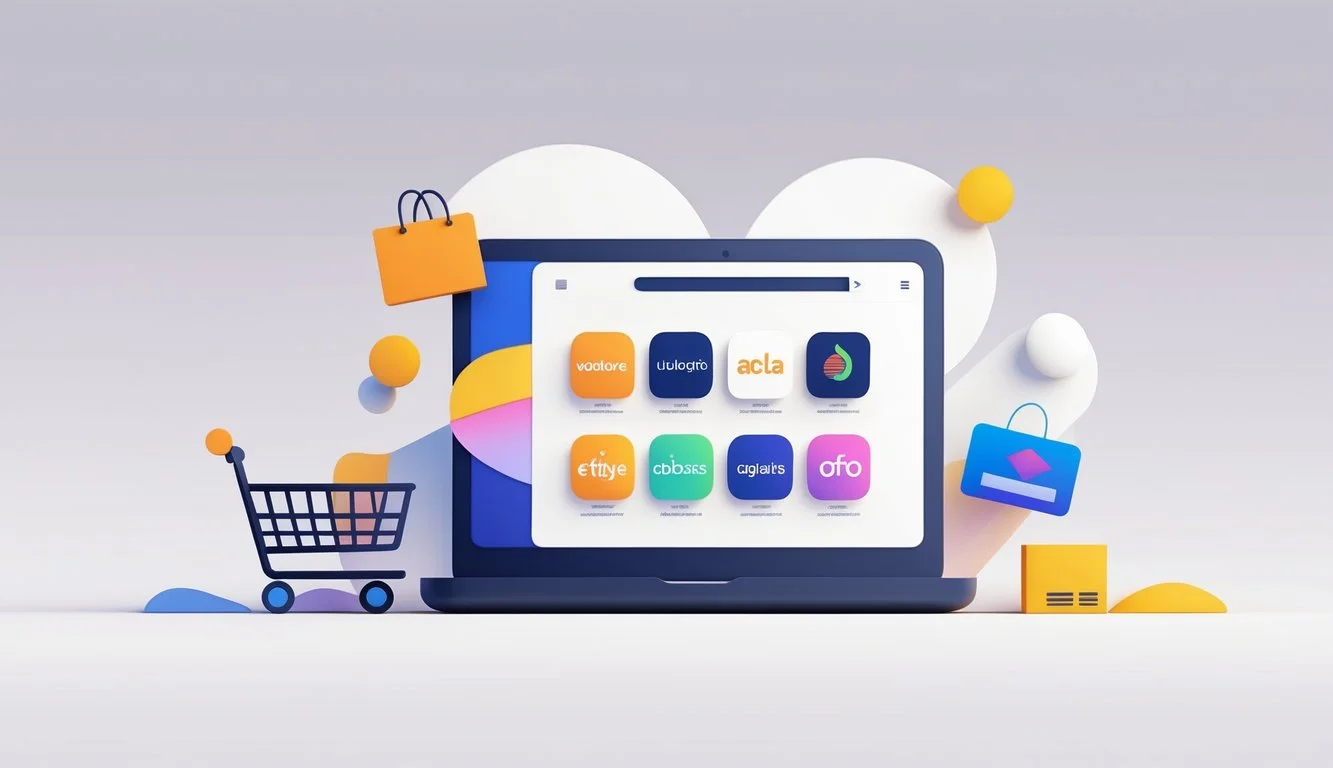Running a small business requires careful cost control, and that extends to your point of sale (POS) system.
This technology is where the magic of transactions happens, letting you accept payments, monitor stock, and gain insights.
Luckily, finding an affordable, high-quality POS solution in South Africa is easier than you might think! This guide will uncover the top contenders for the cheapest POS system for small business in South Africa and arm you with the knowledge to make the smartest choice.
Table of Contents
What is a POS System?
Let’s start with the basics. A POS system is a powerful combination of hardware and software that facilitates and streamlines sales transactions. Here’s what it typically comprises:
- Hardware:
- Tablet or computer
- Cash drawer
- Receipt printer
- Barcode scanner
- Card reader
- Software:
- Sales processing interface
- Product and inventory management
- Customer relationship management (CRM)
- Reporting and analytics
Why Do Small Businesses Need a POS System?
A modern POS system offers many benefits that elevate a small business:
- Faster Checkout: Speed up transactions, and keep lines short, improving customer satisfaction.
- Accurate Inventory Management: Real-time inventory tracking helps prevent stockouts and over-ordering.
- Insightful Sales Data: Analyze sales trends, product performance, and customer behavior to make informed decisions.
- Enhanced Customer Experience: Build customer loyalty with profiles, targeted promotions, and a seamless checkout process.
- Streamlined Operations: Reduce errors and free up time by automating tasks like invoicing and reporting.

How much does a small business POS cost?
The cost of a small business POS system in South Africa can vary significantly depending on the specific provider, features, hardware required, and the way it’s priced. Here’s a breakdown of what factors into the cost and general price ranges:
Factors Affecting POS Cost:
- Hardware:
- Card Readers: Basic card readers can start as low as around R300, with more advanced models costing up to R2500 or more.
- Tablets/Computers: Costs vary greatly, but you can use your existing devices or find budget tablets/computers.
- Additional Peripherals: Barcode scanners, receipt printers, and cash drawers can range from a few hundred Rand to over R2000 each.
- Software
- Cloud-Based Subscription: Many providers offer monthly subscription plans, typically in a tiered structure from around R300 – R1000+ per month based on features.
- One-Time Purchase: Some traditional POS systems offer a one-time license fee. This can be more expensive upfront (potentially several thousand Rand).
- Free Options: Providers like Square offer basic POS software for free.
- Transaction Fees Percentage-based on each transaction (usually between 1.5% – 3.5% depending on the provider and your contract).
- Setup, Customization, and Support: Some providers charge for these services, so factor this in.
Price Ranges for Small Businesses in South Africa:
- Very Basic Setup: If you need minimal features (card reader + simple app like Yoco), costs can be a few hundred Rand upfront with ongoing transaction fees.
- Standard POS System: Expect to pay anywhere between R5000 – R15000+ for a decent tablet-based POS setup with software, a few peripherals, and a monthly subscription fee.
- Multi-Location or Feature-Rich: Large businesses or those requiring advanced features (retail-specific inventory, in-depth reporting, etc.) will likely have higher initial and ongoing costs—potentially starting at R15000+.
Important:
- Request Quotes: Get detailed quotes from multiple providers to compare costs based on your specific needs.
- Hidden Costs: Inquire about transaction fees, contract length, hardware bundle deals, and any additional charges.
- Free vs. Paid: Don’t just go for the cheapest option. A slightly more expensive POS with valuable features can save you time and money in the long run.
Factors Affecting the Cost of a POS System in South Africa
Before diving into specific options, here’s what plays into the pricing of a POS system:
- Feature Set: More advanced features like in-depth analytics or loyalty program management can increase costs.
- Hardware: The type and quantity of hardware you need (tablet vs. full setup, number of registers) will influence the price.
- Pricing Model: Software might have a monthly subscription fee, a one-time purchase cost, or take a percentage of transaction fees.
- Deployment Method: Cloud-based POS systems often offer cost-effective monthly subscriptions, while traditional on-premise setups may have higher upfront costs.
The Top Contenders for the Cheapest POS System for Small Business in South Africa
Now, let’s look at some of the best budget-friendly POS solutions for small businesses:
Yoco
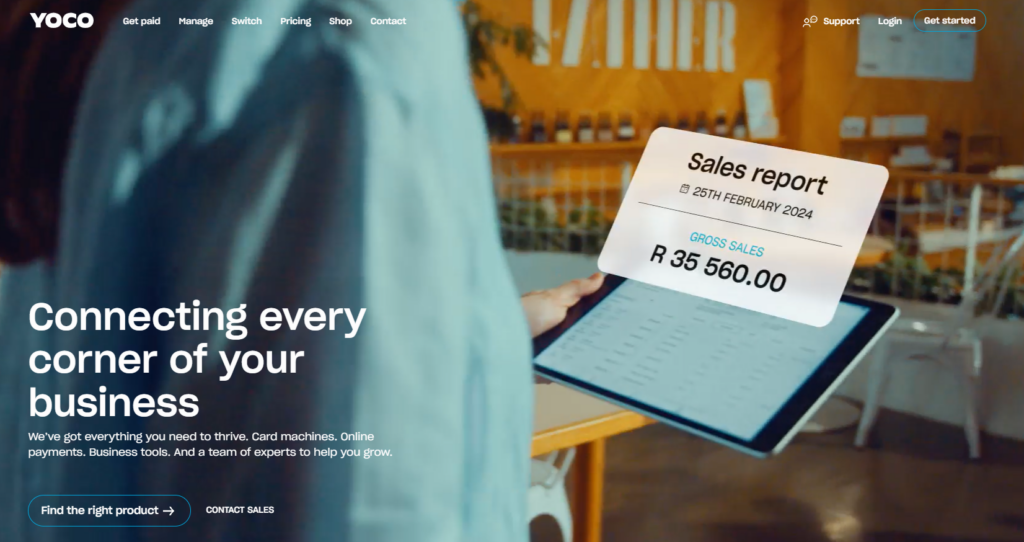
Overview: Yoco is a mobile-focused POS provider ideal for micro and small businesses. It offers portable card readers and a simple POS app.
Pricing: Their card readers have a one-time cost and competitive transaction fees. The basic POS app is free.
Pros: Easy setup, affordability, portability.
Cons: Limited features compared to larger POS systems.
iKhokha
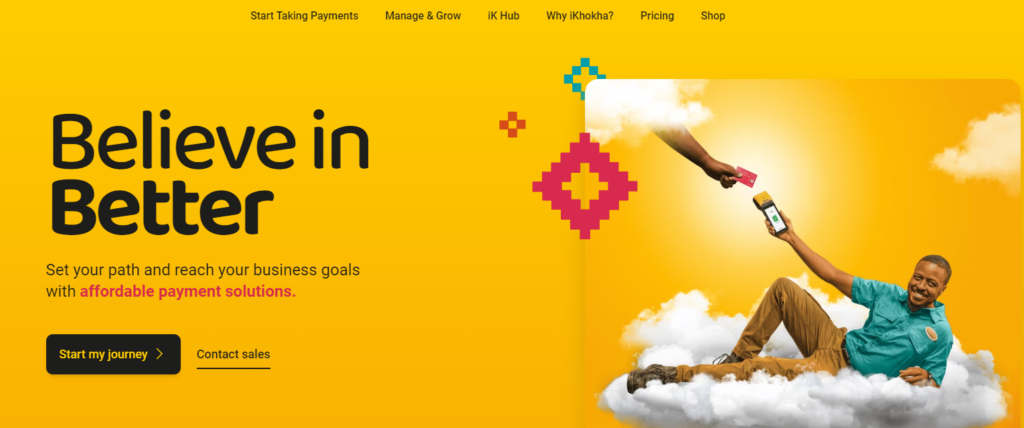
Overview: Another popular mobile POS option. Offers card readers suitable for various business sizes.
Pricing: Card readers have a one-time purchase cost with transaction fees. They offer different reader models with varying features and prices.
Pros: Affordable, user-friendly, variety of card readers.
Cons: Fewer features than full-fledged POS software.
Square
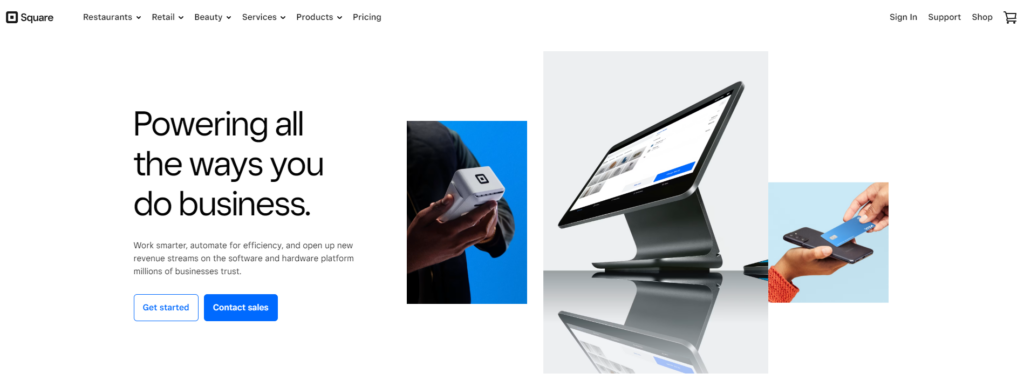
Overview: Global POS provider with a user-friendly interface and basic functionality.
Pricing: Free POS software with transaction fees. Optional paid plans add features.
Pros: Simple to use, no monthly software fees, integrates with other Square services.
Cons: Paid plans lack some advanced features found in competitors.
Tagrain
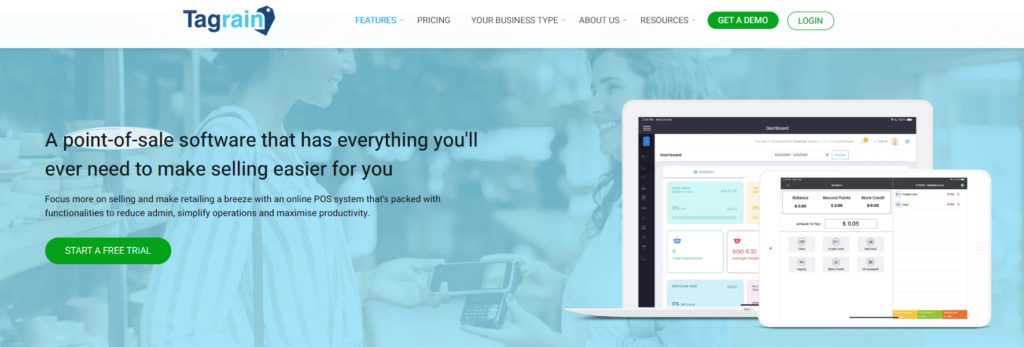
Overview: South Africa-based POS provider catering to retail and hospitality businesses.
Pricing: Offers flexible per-register monthly subscriptions with tiered features.
Pros: Scalable pricing, industry-specific features, local support.
Cons: Subscription-based model might be less attractive for some.
Shopify POS
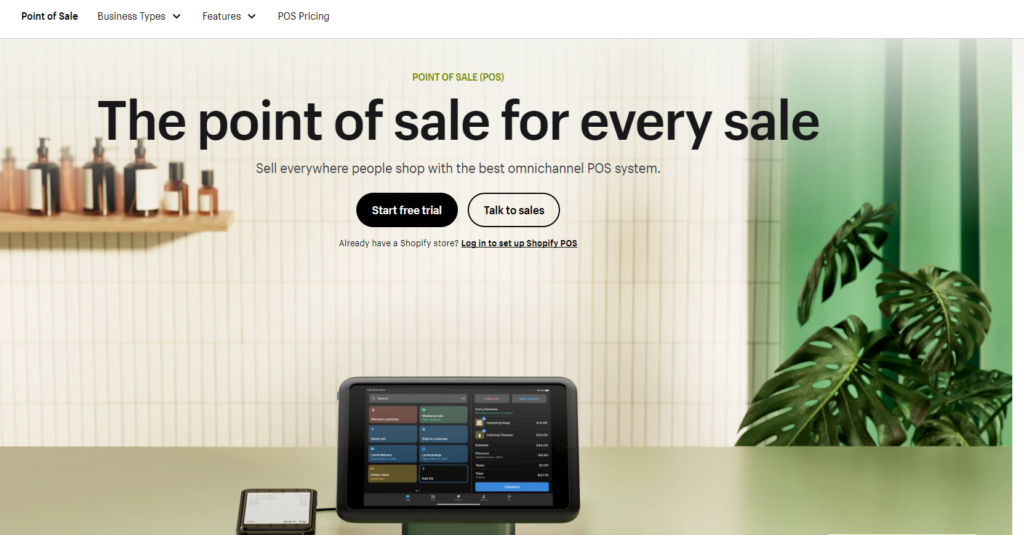
Overview: POS system from the popular e-commerce platform Shopify. Ideal if you also sell online.
Pricing: Basic plan starts with a monthly fee; transaction fees apply. They have tiered plans with increasing features.
Pros: Seamless integration with Shopify online stores, good for businesses that have a mix of in-person and online sales
Cons: Might be more expensive for businesses that don’t use Shopify for their online store.
Traditional ‘Open-Source’ POS Systems
Software like Odoo and Unicenta can be customized and run on your own hardware.
Pricing: The software itself is often free, but you’ll have hardware, setup, and potential customization costs.
Pros: High flexibility, potential for lower long-term costs with the right technical knowledge.
Cons: Requires technical expertise, ongoing maintenance, and support may not be as readily available.

Are there free POS Systems?
Yes, there are a few reputable free POS systems available, particularly for small businesses with basic needs. Here’s a breakdown:
Types of Free POS Systems
- “Freemium” Models: These are the most common. Providers offer a basic POS app for free, designed to process transactions and handle core sales functionality. However, you’ll usually need to pay for additional features or advanced functionality. Examples include:
- Square
- Loyverse POS
- eHopper
- Truly Free (Open-Source): Some POS software is completely free and open-source, allowing you to modify the code and customize it as you need. This requires more technical knowledge. Examples include:
- Odoo
- Unicenta
Pros of Free POS Systems:
- Zero Upfront Cost: This is the biggest appeal, especially for microbusinesses or startups.
- Test Before You Invest: You can explore features and see if they suit your needs before committing to a paid plan.
- Good Enough for Basic Needs: If all you need is sales processing and simple inventory, a free plan might be sufficient.
Cons of Free POS Systems:
- Limited Features: Advanced features like detailed reporting, loyalty programs, or complex inventory management are often locked behind paid plans.
- Transaction Fees: While the software is free, you’ll still pay fees on each credit/debit card transaction. These can be slightly higher than average with some providers.
- Lack of Support: Free plans often come with limited or no direct support from the provider. You may have to rely on community forums or tutorials.
- Technical Challenges (for Open-Source): Setting up and maintaining an open-source POS requires technical expertise.
Who Are Free POS Systems Best For?
- Very Small Businesses: Microbusinesses with low transaction volume might find a free plan sufficient.
- Temporary Use: Free POS options can be good for events, pop-up shops, or trying out a system.
- Tech-Savvy Users: Open-source POS systems can be powerful with the right knowledge but are not beginner-friendly.
Important: Even if a POS system is initially free, research and fully understand what you’ll end up paying in the long run. Consider potential transaction fees, paid add-ons, and the cost of your time if it lacks features you’ll eventually need.
Choosing the Right Cheapest POS System for Your Small Business in South Africa
With so many options, how do you decide? Consider these factors:
- Your Needs: List all the essential features you need (sales processing, basic inventory, etc.) and any ‘nice-to-have’ features.
- Budget: Set a realistic budget, factoring in hardware, software, and ongoing transaction fees.
- Scalability: Will your business grow rapidly? Look for a POS system that can grow with you.
- Ease of Use: A simple interface saves training time and helps staff adoption.
- Support Choose a provider with good local support, especially if you’re less tech-savvy.
Tips for Saving Money on Your POS System
- Take Advantage of Free Trials: Many providers offer free trials, allowing you to test-drive the POS system before you commit.
- Compare Prices Get quotes from multiple POS providers to ensure you’re getting the best deal.
- Consider Used Hardware: If budget is really tight, refurbished POS hardware can be a cost-effective option.
- Negotiate: Don’t be afraid to negotiate on pricing or ask for bundled deals.
- Start Simple: Choose the basic plan and upgrade later when your business needs more features.
Additional Considerations
- Security: Protect your customer data with a POS system featuring strong encryption and security measures.
- Reporting: Look for reporting features that let you track sales, inventory, and business insights.
- Integrations: Does the POS integrate with your accounting software, email marketing tools, or other business systems?
Wrap!
Finding the cheapest POS system for small business in South Africa doesn’t mean settling for low quality. With the options I’ve outlined, you can find a solution that fits both your budget and your needs. Remember, investing in the right POS system isn’t just an expense; it’s an investment in your business efficiency and success.
Read also:
 Web Hosting
Web Hosting Windows HostingBuilt for Windows apps and websites – stability, speed and flexibility
Windows HostingBuilt for Windows apps and websites – stability, speed and flexibility Reseller HostingLaunch a hosting business without technical skills or expensive infrastructure
Reseller HostingLaunch a hosting business without technical skills or expensive infrastructure Affiliate ProgramRefer customers and earn commissions from sales across our platform
Affiliate ProgramRefer customers and earn commissions from sales across our platform Domain SearchFind and secure a domain name in seconds with our quick lookup tool
Domain SearchFind and secure a domain name in seconds with our quick lookup tool CO ZA Domains
CO ZA Domains All DomainsExplore domain names from over 324 TLDs globally – all in one place
All DomainsExplore domain names from over 324 TLDs globally – all in one place Free Whois Lookup Tool South Africa
Free Whois Lookup Tool South Africa VPS
VPS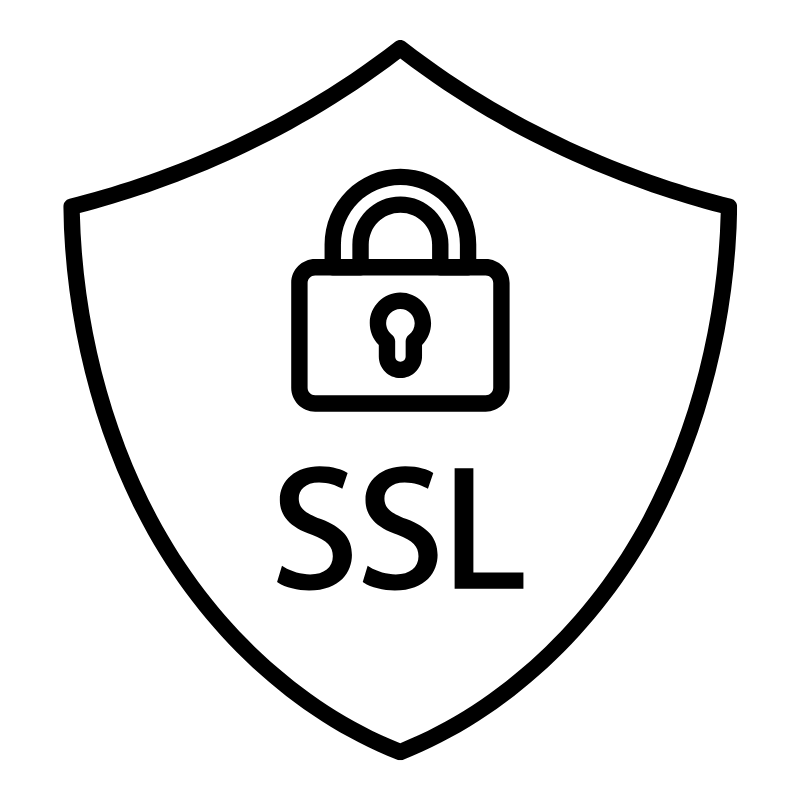 SSLs
SSLs